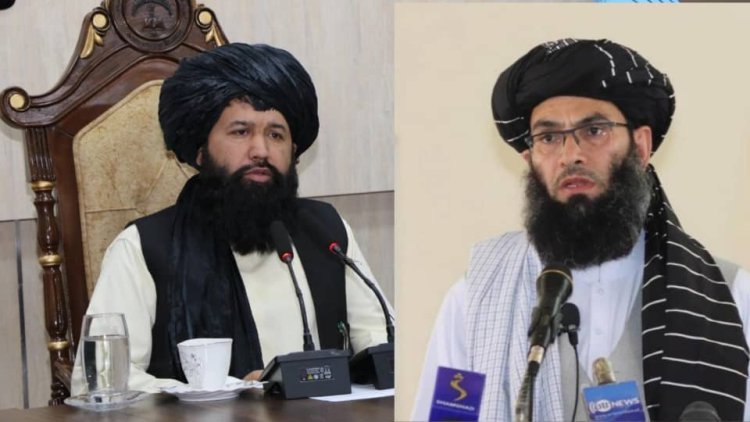Taliban senior officials ban photography in Takhar and Paktia Provinces

Senior Taliban officials have extended their prohibition on filming and photography in public events across several provinces, including Takhar and Paktia. On Monday, Nada Mohammad Nadim, the Taliban's Minister of Higher Education, barred participants from taking pictures during a meeting held in Paktia province.
This move follows a similar ban imposed two days earlier when Nadim, during a meeting with students at Sheikh Zayed University in Takhar, prohibited journalists from taking photographs or filming the event. Furthermore, Khaled Hanafi, the Acting Minister of the Taliban's Ministry for the Promotion of Virtue and Prevention of Vice, also blocked journalists from taking pictures during his recent trip to Nangarhar.
The Taliban's tightening restrictions on media have led to the cessation of broadcasts from national and local television stations in Takhar province, aligning with the group's recently introduced law prohibiting the publication of images. Just days ago, a spokesperson for the Taliban’s Ministry of Public Affairs confirmed to AFP that the ban on photography would be gradually enforced across Afghanistan.
These actions are part of the Taliban’s broader effort to control public imagery and suppress media coverage, particularly around official activities. The law banning photography and videography is being enforced despite mounting criticism from international human rights groups and journalists, who argue that such measures undermine transparency and press freedom.
The Taliban’s return to power in 2021 has seen a steady erosion of media freedoms, with the group imposing strict regulations on journalists, analysts, and broadcasters. The ban on photography and filming in provinces like Takhar and Paktia reflects the Taliban’s ongoing effort to control the narrative and restrict public access to information.
As the law takes effect across the country, it poses a growing challenge to the remaining independent media outlets operating in Afghanistan, further isolating the country from global scrutiny.
